‘Art Exposed’: Julian Spalding on everything that’s wrong with the art world
In ‘Art Exposed’, Julian Spalding draws on his 40 years in the art world – as a museum director, curator, and critic – for his series of essays
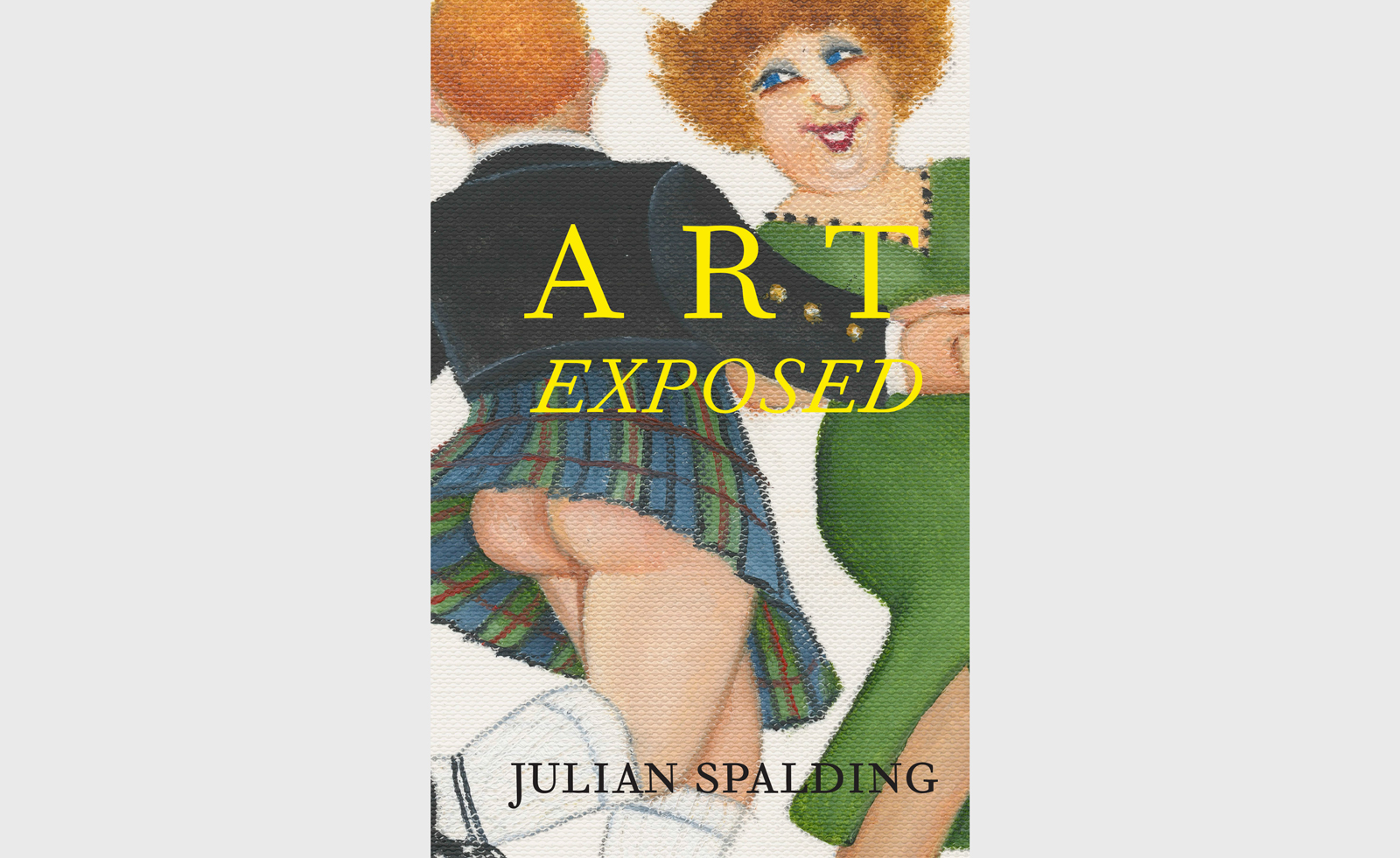
Art Exposed by Julian Spalding is a collection of essays and memoirs of his 40 years as a museum director, curator, critic and writer – a period in which he helped spearhead the resistance to the cult of conceptual art. ‘It’s non-art, it’s con-art,’ says Spalding on the phone. ’The idea that anything can be a work of art just because an artist says so is just nonsense.’
Spalding began his museum career in 1970 as assistant keeper at the DLI Museum and Arts Centre in Durham, UK, and subsequently became the director of award-winning public art galleries for the cities of Sheffield, Manchester and Glasgow. A series of standalone essays arranged in alphabetical order, Art Exposed celebrates the art that Spalding loves – Aboriginal art (‘40,000 years of abstraction’), critically unacclaimed artists such as Beryl Cook, Mandy McCartin and Jean Tinguely – while leaving plenty leftover for encounters with Queen Elizabeth II, Margaret Thatcher, David Bowie, Jacques Chirac and, most importantly, the art and art-world figures to which he is opposed. Chief amongst them are the two men he holds most culpable for the cult of conceptual art: Sir Nicholas Serota, former director of the Tate Modern, and the artist Marcel Duchamp.
‘It’s non-art, it’s con-art’
Julian Spalding on conceptual art
This is his sixth book, and Spalding possesses a novelist's eye for characterisation (or assassination depending on your point of view). A description of Serota – ‘An odd man to look at, more bone than flesh, tall, thin and vertical. The only horizontal line in him is the closed aperture in his mouth, which is thin-lipped and straight’ – seems a bit personal, because it is; Spalding can’t stand him. Both were interviewed for the Tate Modern role, a job that the working-class Spalding believes he did not get in part due to an establishment stitch-up (Serota is the son of a Labour peer). Their professional rivalry tells us a lot about class privilege, nepotism, commerce and art in the UK, at odds with the groovy creative egalitarianism promised by Cool Britannia in the 1990s. But it’s Serota’s belief in Duchamp and conceptualism that really rankles Spalding. ‘He chose the wrong art, chose the wrong building, and stayed far too long’, is Spalding’s final, damning verdict.
Perhaps the most important essay from an art historical perspective contains the assertion that Marcel Duchamp, the father of conceptual art, was not responsible for his most famous work, The Fountain (1917). Research by Glyn Thompson, a former lecturer in art history at Leeds University, proposes that the upside-down urinal, and what Spalding calls ‘the foundation stone of conceptual art’, was stolen by Duchamp from the German Dada artist Elsa von Freytag-Loringhoven. Even worse, the essay continues, Duchamp robbed the original of its feminist symbolism, anger and wit. ‘Elsa’s urinal is the first great pacifist, feminist work of art in the world, and a big attack on male domination and male belligerence,’ says Spalding. ‘It’s so interesting and has so many dimensions.’ Spalding hopes that this view will eventually become common knowledge in the art world – both he and Thompson have campaigned to have museums, including the Tate Modern relabel The Fountain – and lead to a total reappraisal of conceptual art.
So what should replace it? ‘Curators have to look freshly and independently,’ says Spalding. ‘They need to be a different voice from the market, but it's all been tied to the market as well as being tied to the wrong concept of what art is. It's resulted in a sort of fake religion that you can’t criticise and I think that’s wrong.’ They could start by having a look at some of the unheralded artists profiled in Art Exposed.
Art Exposed, by Julian Spalding, published by Pallas Athene Books, £15.55 from amazon.co.uk
Wallpaper* Newsletter
Receive our daily digest of inspiration, escapism and design stories from around the world direct to your inbox.
Alfred Tong is a writer and journalist with a specialist interest in men’s fashion, pop culture and art. He has contributed extensively to GQ and Soho House and consults across a range of fashion and luxury brands.
-
 Maserati joins forces with Giorgetti for a turbo-charged relationship
Maserati joins forces with Giorgetti for a turbo-charged relationshipAnnouncing their marriage during Milan Design Week, the brands unveiled a collection, a car and a long term commitment
By Hugo Macdonald
-
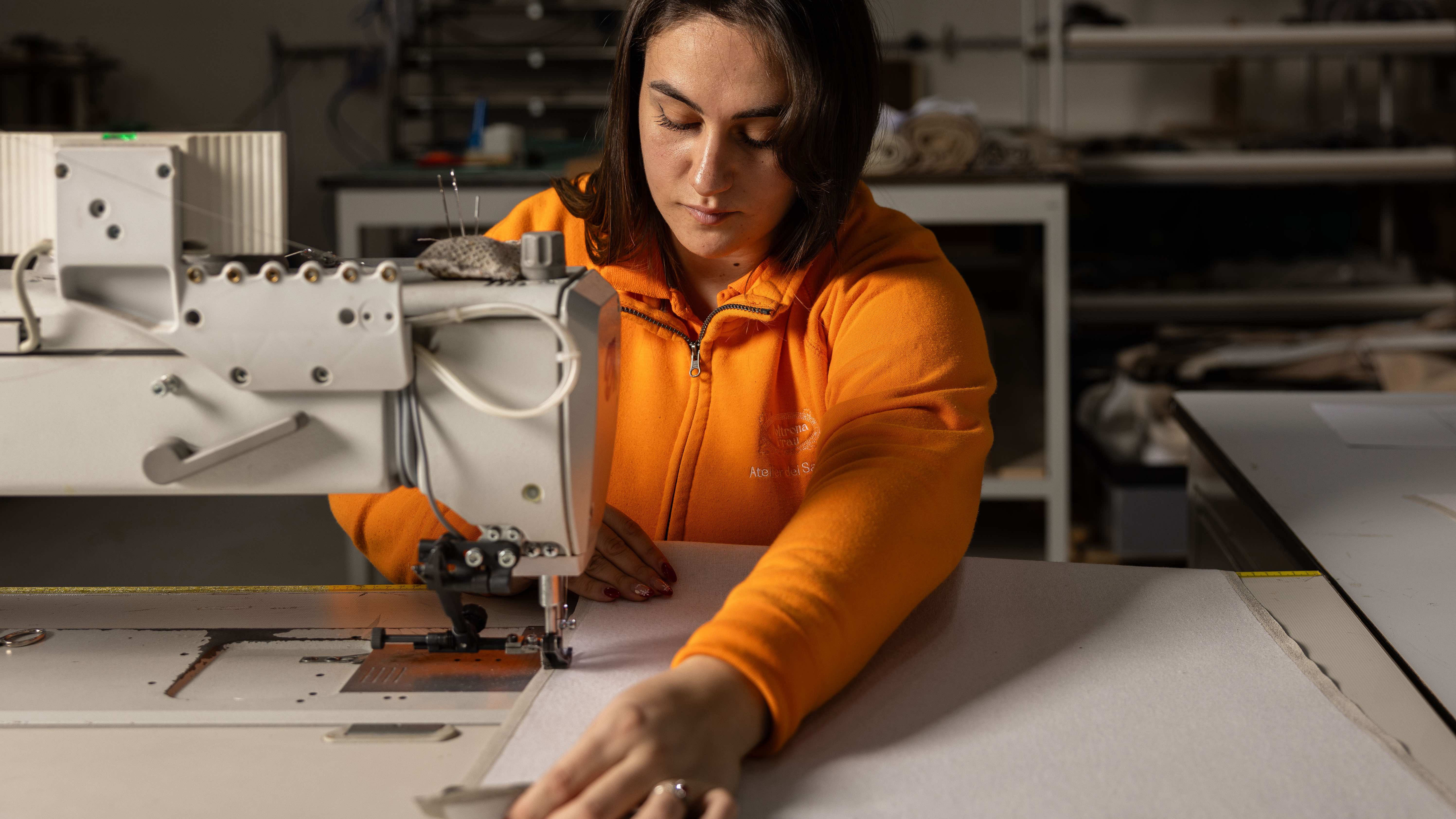 Through an innovative new training program, Poltrona Frau aims to safeguard Italian craft
Through an innovative new training program, Poltrona Frau aims to safeguard Italian craftThe heritage furniture manufacturer is training a new generation of leather artisans
By Cristina Kiran Piotti
-
 Wallpaper* checks in at The Eve Hotel Sydney: a lush urban escape
Wallpaper* checks in at The Eve Hotel Sydney: a lush urban escapeA new Sydney hotel makes a bold and biophilic addition to a buzzing neighbourhood that’s on the up
By Kee Foong
-
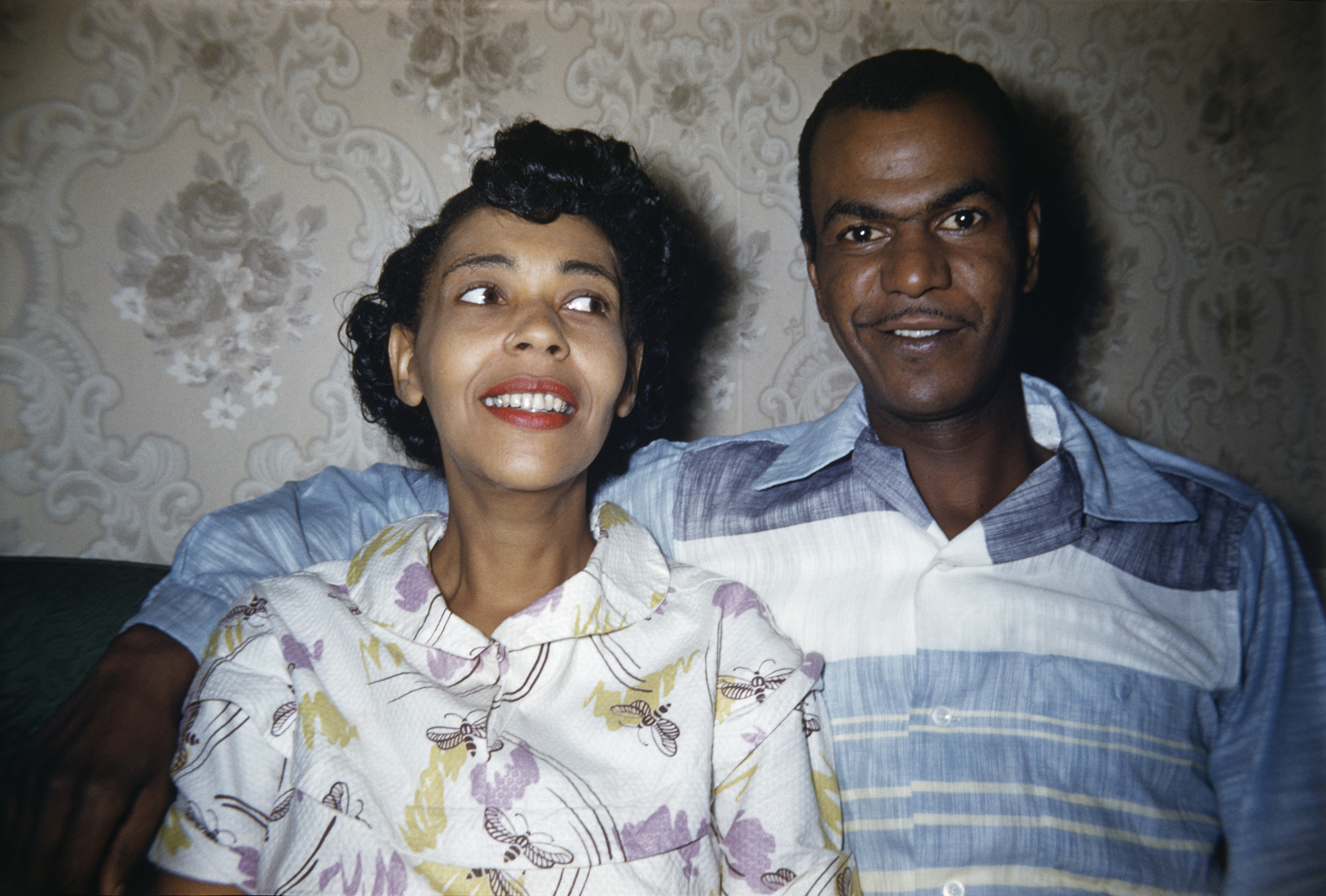 ‘Dressed to Impress’ captures the vivid world of everyday fashion in the 1950s and 1960s
‘Dressed to Impress’ captures the vivid world of everyday fashion in the 1950s and 1960sA new photography book from The Anonymous Project showcases its subjects when they’re dressed for best, posing for events and celebrations unknown
By Jonathan Bell
-
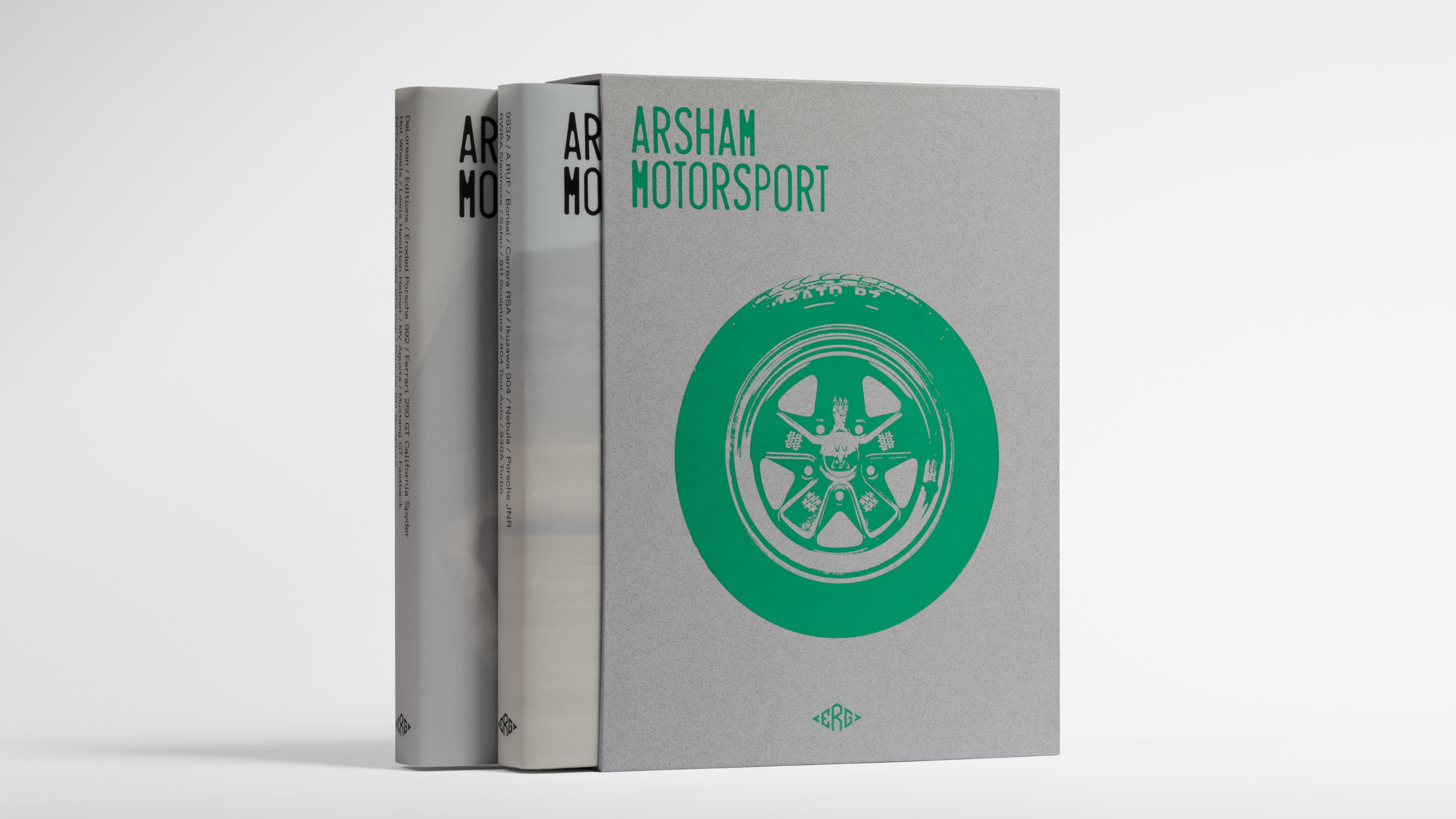 Daniel Arsham’s new monograph collates the works of the auto-obsessed American artist
Daniel Arsham’s new monograph collates the works of the auto-obsessed American artist‘Arsham Motorsport’ is two volumes of inspiration, process and work, charting artist Daniel Arsham’s oeuvre inspired by the icons and forms of the automotive industry
By Jonathan Bell
-
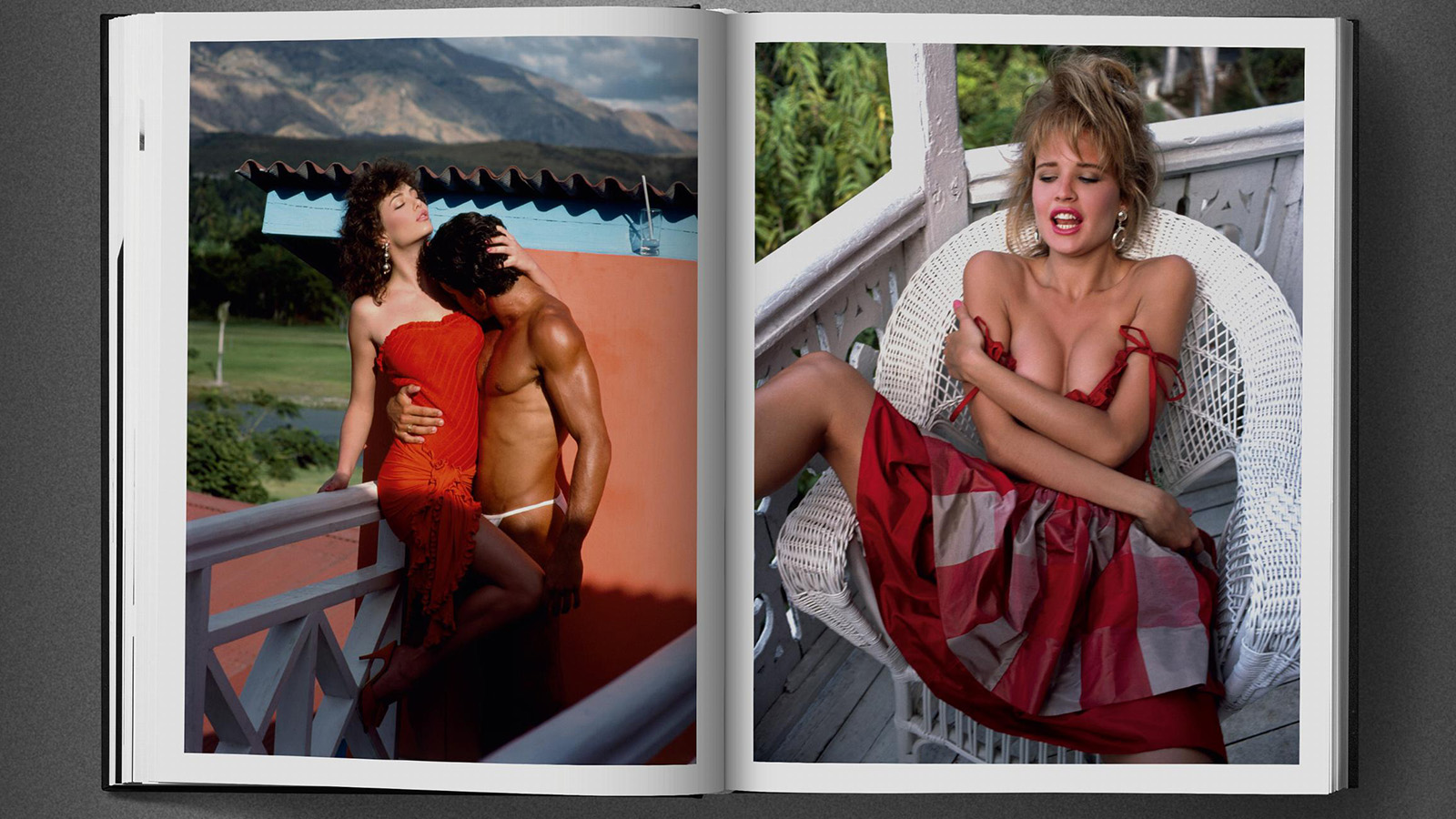 Era-defining photographer David Bailey guides us through the 1980s in a new tome not short of shoulder pads and lycra
Era-defining photographer David Bailey guides us through the 1980s in a new tome not short of shoulder pads and lycraFrom Yves Saint Laurent to Princess Diana, London photographer David Bailey dives into his 1980s archive in a new book by Taschen
By Tianna Williams
-
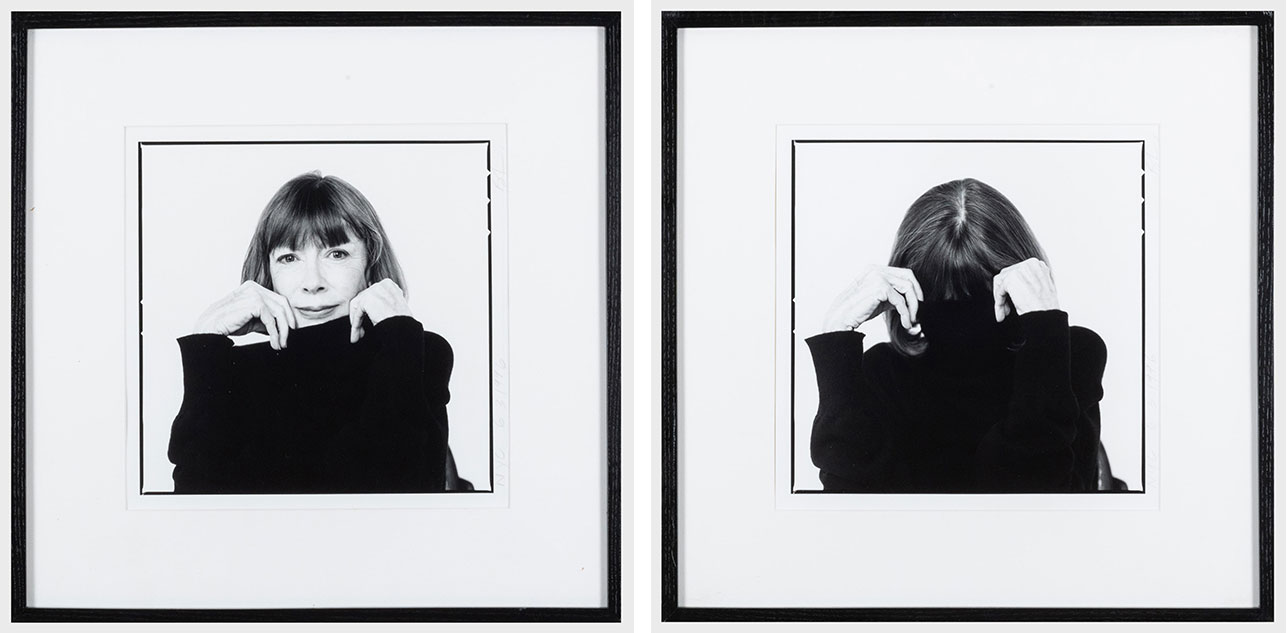 Inside Joan Didion’s unseen diary of personal relationships and post-therapy notes
Inside Joan Didion’s unseen diary of personal relationships and post-therapy notesA newly discovered diary by Joan Didion is soon to be published. Titled 'Notes to John', the journal documents her relationship with her daughter, husband, alcoholism, and depression
By Tianna Williams
-
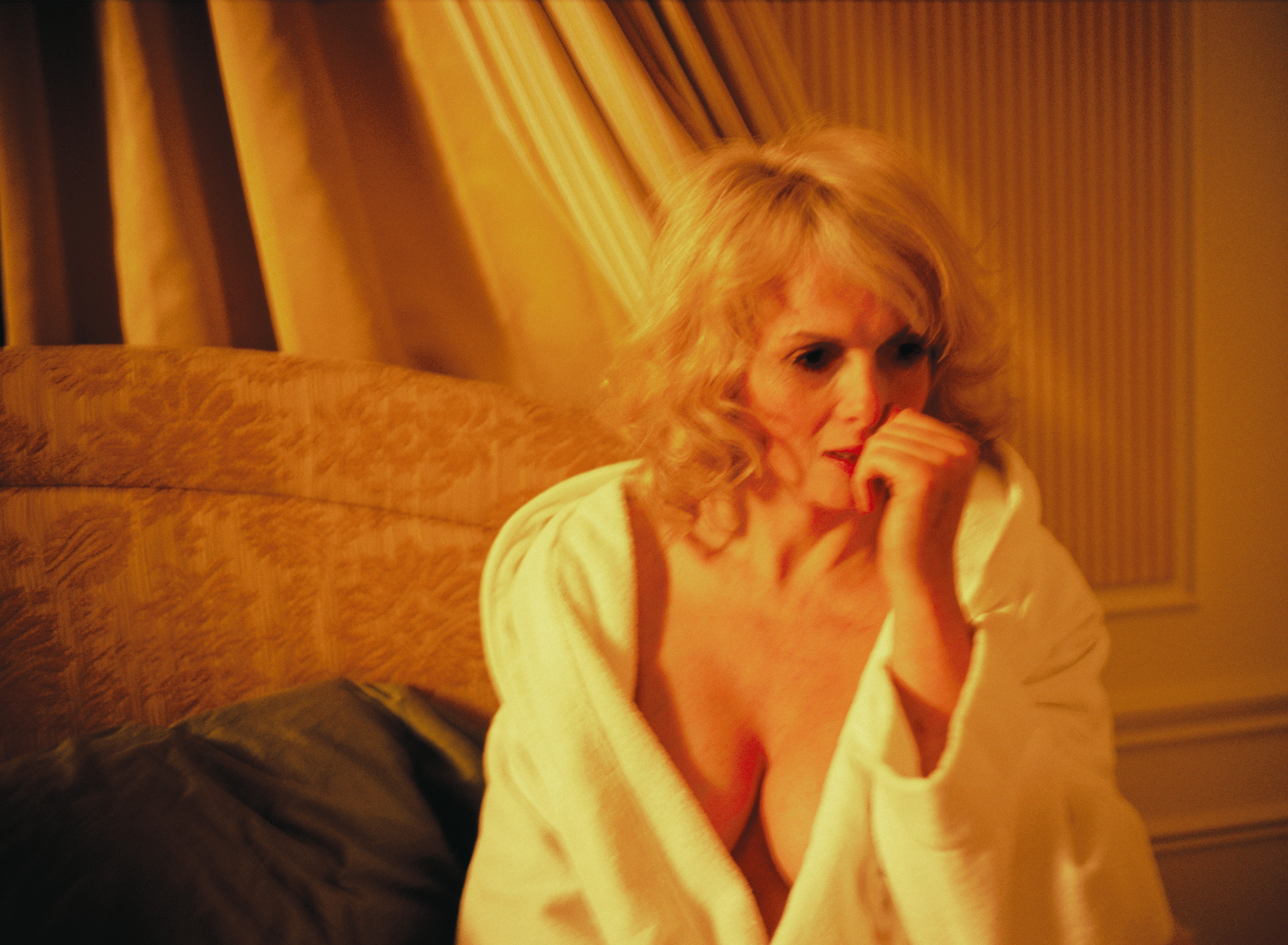 Carsten Höller’s new Book of Games: 336 playful pastimes for the bold and the bored
Carsten Höller’s new Book of Games: 336 playful pastimes for the bold and the boredArtist Carsten Höller invites readers to step out of their comfort zone with a series of subversive games
By Anne Soward
-
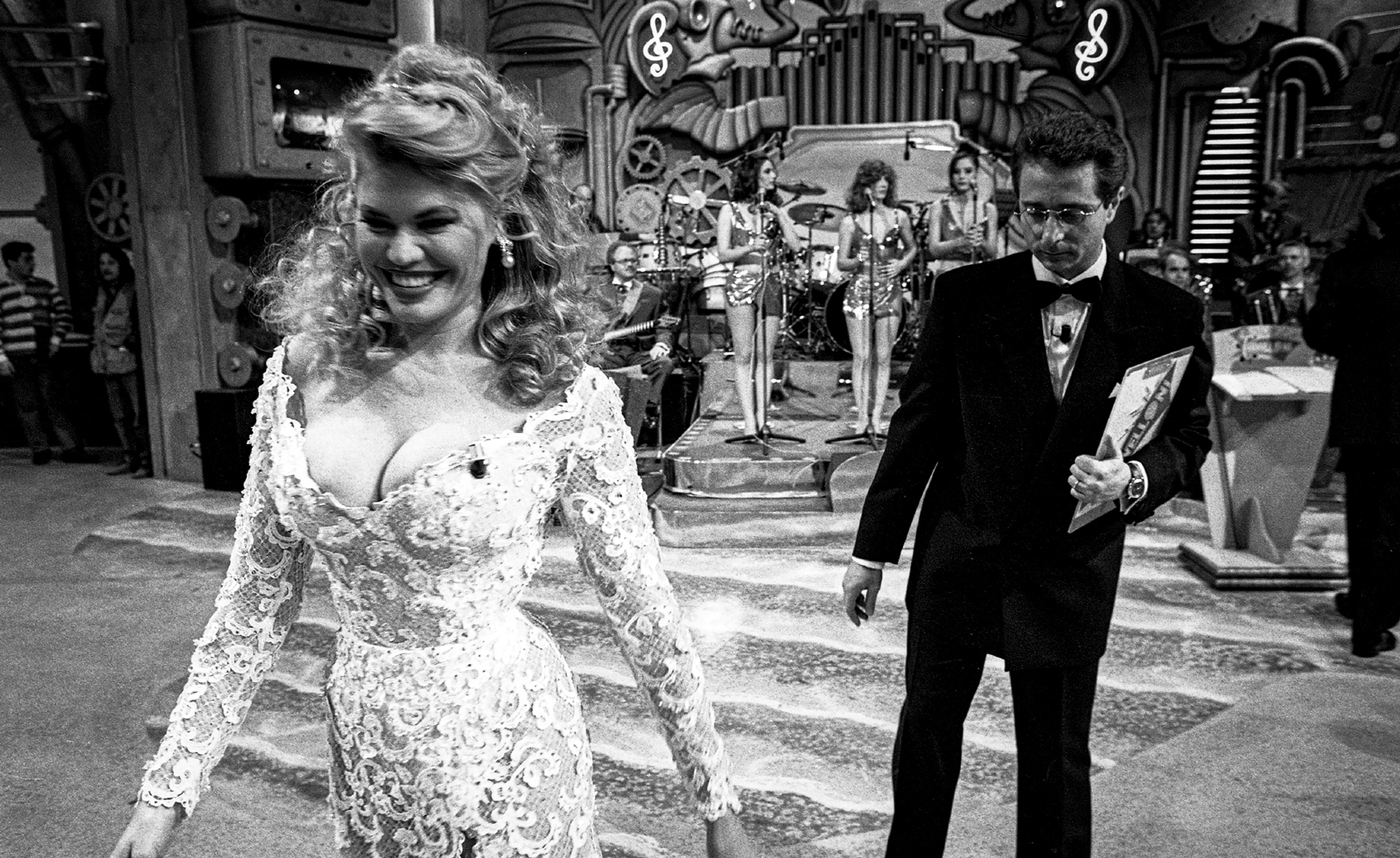 Distracting decadence: how Silvio Berlusconi’s legacy shaped Italian TV
Distracting decadence: how Silvio Berlusconi’s legacy shaped Italian TVStefano De Luigi's monograph Televisiva examines how Berlusconi’s empire reshaped Italian TV, and subsequently infiltrated the premiership
By Zoe Whitfield
-
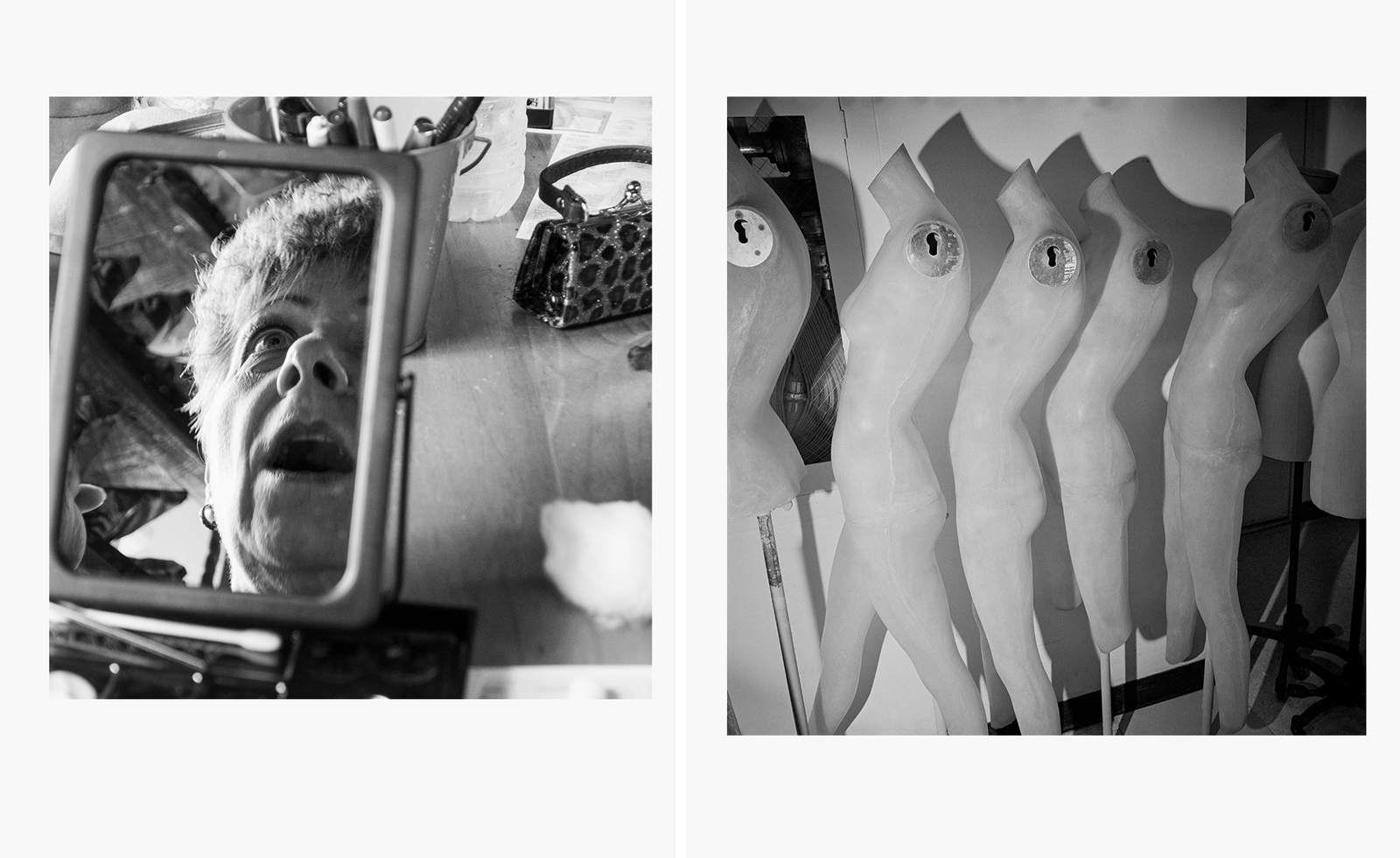 How a sprawling new book honours the legacy of cult photographer Larry Fink
How a sprawling new book honours the legacy of cult photographer Larry Fink‘Larry Fink: Hands On / A Passionate Life of Looking’ pays homage to an American master. ‘He had this ability to connect,’ says publisher Daniel Power
By Jordan Bassett
-
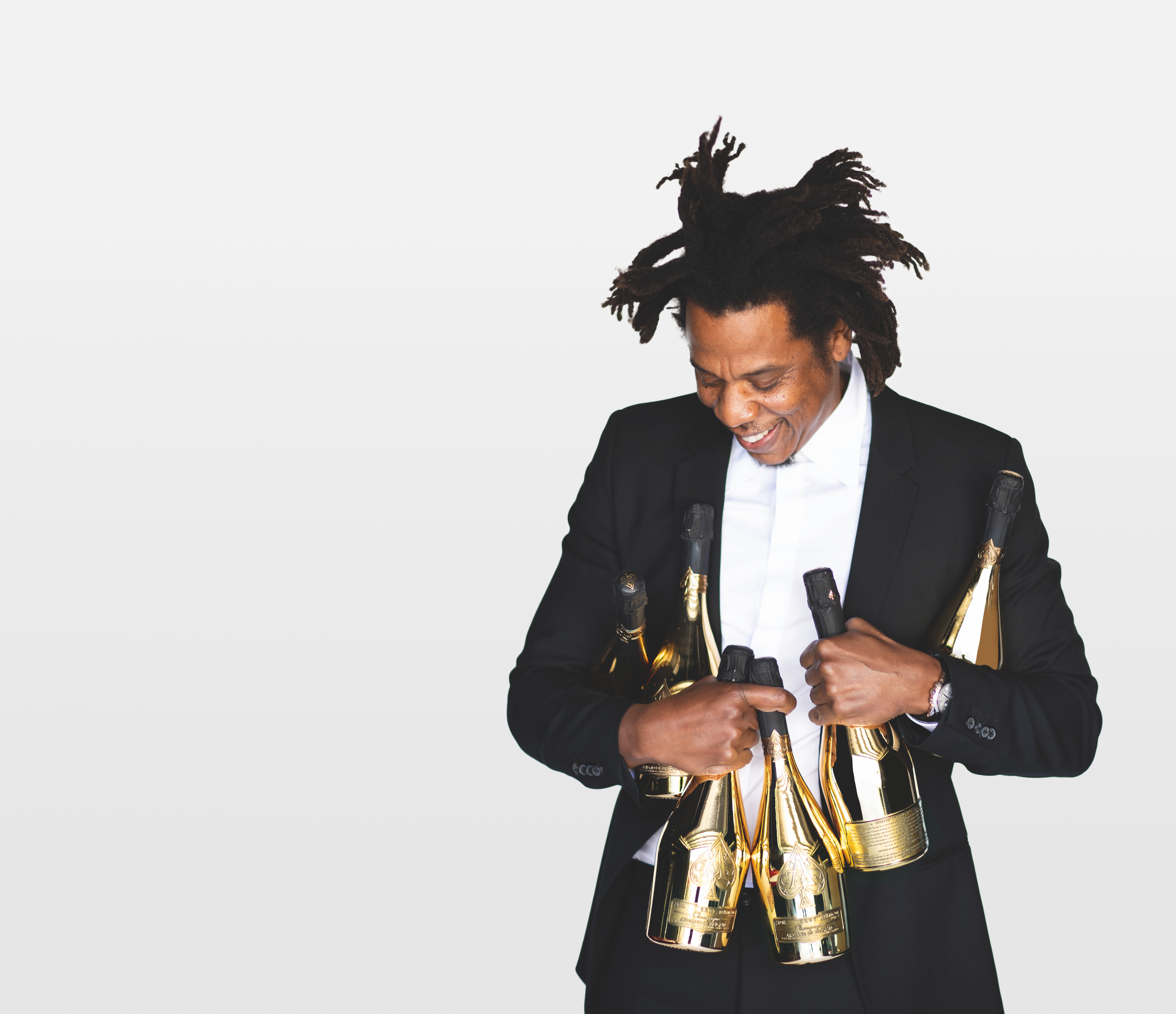 New Jay-Z coffee-table book dives into the Brooklyn rapper's archives
New Jay-Z coffee-table book dives into the Brooklyn rapper's archives'Book of HOV: A Tribute to Jay-Z' is a hefty tome for a hefty talent
By Craig McLean